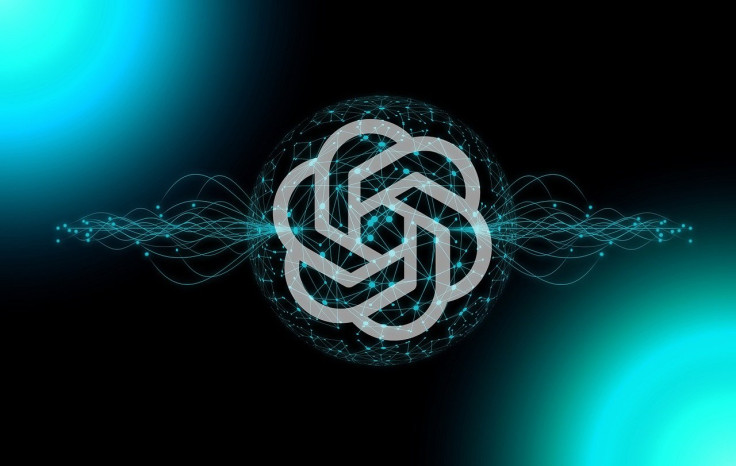ChatGPT5 will completely change the way we live and work
Revolutionary AI technology ChatGPT5 is expected to have a profound effect on life as we know it, as artificial intelligence technology continues affecting us in many ways.

ChatGPT-5, the latest iteration of the powerful language model developed by OpenAI, is set to revolutionise the way we live and work in ways we can only begin to imagine. With its advanced capabilities in natural language processing and generation, ChatGPT-5 will serve as a groundbreaking tool for communication, problem-solving, and information retrieval.
As an AI language model, ChatGPT has already had a significant impact on our lives, albeit in its earlier iterations like GPT-3. While GPT-3 and its predecessors have been used in a wide range of applications, the full potential and impact of ChatGPT are yet to be realised.
ChatGPT has provided users with language assistance, helping them find information, answer questions, and engage in conversations. It has been used as a virtual assistant in various settings, supporting tasks such as drafting emails, generating code snippets, providing language translation, and offering suggestions for creative writing.
The technology has been employed in content generation tasks, such as writing articles, blog posts, and product descriptions. It has also been used in creative endeavours, including generating poetry, short stories, and even computer-generated art. ChatGPT's ability to generate human-like text has been a valuable tool for content creators and artists. Combined with other programs such as Midjourney, ChatGPT has proven itself to be a powerful tool.
It has also played a role in the educational domain, providing interactive and personalised learning experiences. It has been used as a tutor, helping students with homework, explaining concepts, and providing educational resources. Additionally, it has been utilised as a language learning tool, offering practice conversations and language exercises.
ChatGPT has been integrated into customer support systems, assisting users with their queries and providing automated responses. It has helped streamline customer service processes by offering instant and consistent support, reducing wait times, and improving customer satisfaction.
ChatGPT has been a valuable resource for researchers and scientists, aiding in data analysis, literature reviews, and exploring complex topics. It has the ability to assist in information retrieval, summarise research papers, and generate hypotheses, accelerating the pace of scientific discovery.
But that was the old version of ChatGPT.
Moving forward, ChatGPT-5 will act as an intelligent virtual assistant in our personal lives, always at our fingertips to provide instant and accurate responses to our queries, whether it's helping us find information, offering personalised recommendations, or assisting with complex tasks. With its deep knowledge across a wide range of domains and its ability to understand context, ChatGPT-5 will be our go-to companion for everything from planning trips and managing schedules to assisting in education and entertainment.
In the workplace, ChatGPT-5 will prove to be a game-changer. Its natural language understanding and generation capabilities will enable seamless collaboration and communication between teams and across organisations. Imagine writing an email or a report and having ChatGPT-5 provide real-time suggestions and improvements, ensuring clarity, conciseness, and professionalism. It can also assist in research, analysing vast amounts of data and generating insightful summaries or recommendations, making it an invaluable tool for professionals in various fields.
Furthermore, ChatGPT-5 has the potential to break down language barriers and facilitate global communication. Its multilingual capabilities, combined with its ability to understand context and nuances, will enable people from different cultures and languages to communicate effortlessly, bridging gaps and fostering understanding in an increasingly interconnected world.
However, as with any powerful technology, there are challenges and considerations that come with the deployment of ChatGPT-5. Ethical concerns, such as biases within the model and the potential for misuse or malicious manipulation, must be addressed. OpenAI's commitment to responsible AI development and ongoing research aims to tackle these challenges and ensure that ChatGPT-5 is a force for positive change.
It is exciting to think that ChatGPT-5 is now set to fundamentally transform our lives and work, making communication more efficient, enabling seamless collaboration, and unlocking new possibilities for creativity and productivity. With its ability to understand and generate natural language, it will become an indispensable tool that empowers individuals and organisations, leading us into a future where the boundaries of human-machine interaction are redefined.

Daniel is a business consultant and analyst, with experience working for government organisations in the UK and US. On his free time, he regularly contributes to International Business Times UK.
© Copyright IBTimes 2025. All rights reserved.





















